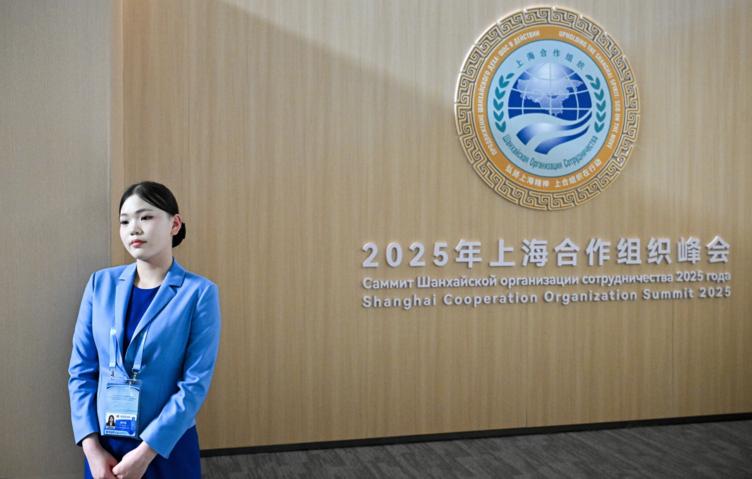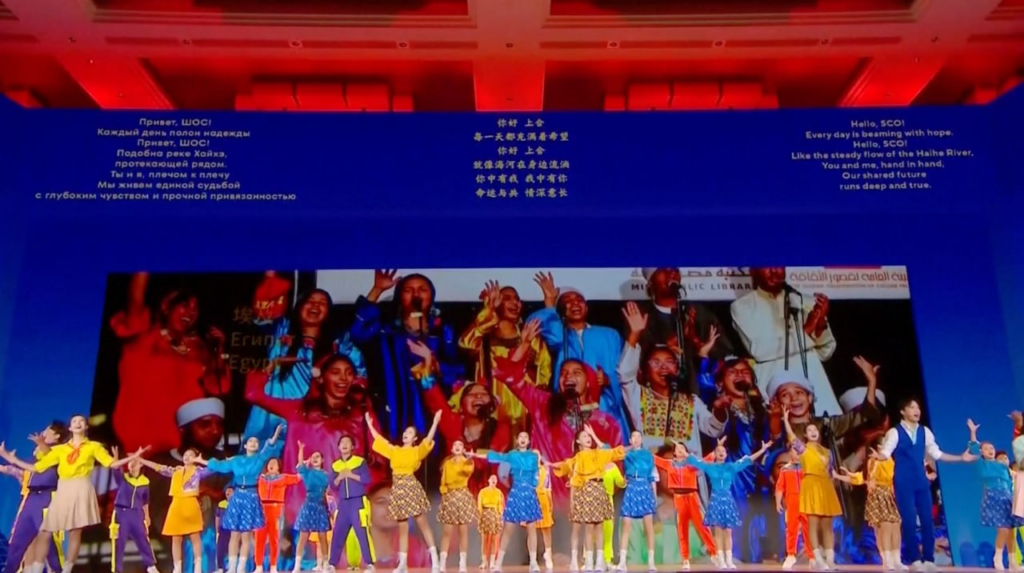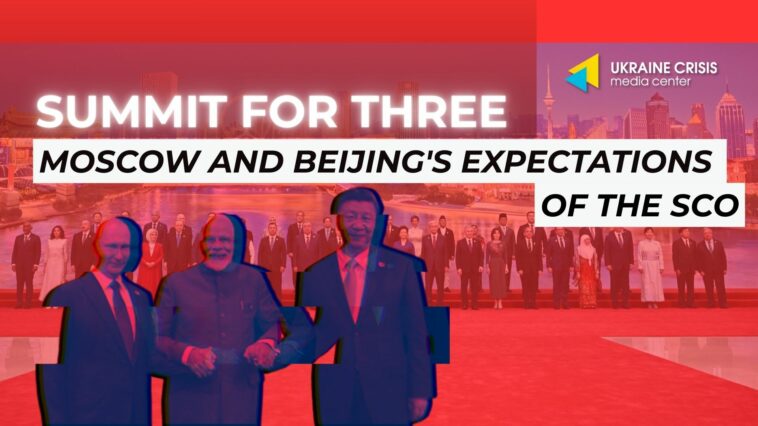On August 31, the two-day summit of the Shanghai Cooperation Organization (SCO), the largest in its history, started in China. Chinese President Xi Jinping will host more than 20 leaders from Asia, the Middle East, and other regions, demonstrating the solidarity of the so-called Global South in the era of Donald Trump’s expressive foreign policy.
For Russian leader Vladimir Putin, this summit is particularly important: he will not only meet with Xi, but will also stay in Beijing for the September 3 military parade marking the 80th anniversary of the victory over Japan in World War II. Indian Prime Minister Narendra Modi will visit China for the first time in seven years, signaling an attempt to warm relations after the 2020 border conflict.
What has changed? According to Reuters, Xi Jinping wants to use the summit to show what an international order without the United States leading the way might look like.

The Russian perspective
In Russian political circles and propaganda media, the summit is presented as proof that the world is rapidly becoming multipolar, as opposed to the «decaying unipolar world» of the of the West. Putin’s pseudo-philosopher Alexander Dugin states bluntly that Donald Trump’s policies have only accelerated the formation of a new world order, contrary to his own intentions. Instead of accepting reality and trying to find a leadership role for the United States in a multipolar system, Trump chose the path of confrontation – trade wars against China and India, pressure on Brazil, threats against the BRICS countries, continuing the conflict against Russia in Ukraine, etc. As a result, Dugin argues, these actions have trapped the United States: Washington itself pushed Moscow into the arms of Beijing, and now New Delhi.
Russian propagandists are delighted with this development. The irony is that they believe that Trump wanted to preserve American hegemony, but in fact he contributed to its end.
For the Russian audience, India’s participation is a special cause for celebration. While New Delhi used to be considered a shaky element in Eastern alliances (because of its historical ties with the United States), now they openly talk about India turning its back on Washington. Russian observers remind us that Trump has severely offended Prime Minister Modi with his actions, and now Modi is traveling to China for the first time in a long time side by side with Putin.
On the eve of his visit to China, Putin gave an interview to China’s official government agency Xinhua, in which he emphasized that Moscow and Beijing jointly advocate a «fair multipolar world order». He highlighted the role of the SCO, emphasizing the organization’s role in the security dimension of cooperation in Eurasia. It is worth emphasizing that Russia is systematically trying to transform economic formats such as the SCO and BRICS into instruments of hybrid confrontation with the West. In fact, these Kremlin’s delusions are far from reality. Despite the mutual rhetorical curtsies of India and China against the backdrop of the trade war initiated by the White House, the economic rivalry between the two Asian hegemons negates any attempts to reformat international organizations in which Beijing and New Delhi are members into military and political alliances. It is noteworthy that the SCO has failed to prevent armed conflicts between its members (the Sino-Indian border conflict of 2020, the conflict between India and Pakistan in May 2025), nor to become a platform for their settlement.
An equally important obstacle to Moscow’s plans is their inconsistency with Chinese political culture in international relations. In fact, China traditionally prefers trade and economic expansion to the creation of defense alliances.

China’s expectations
The official Chinese media describe the summit in much more peaceful terms – without outright attacks against the West, but with an emphasis on an alternative model of international relations. The Xinhua news agency writes about the dynamic development of the «Shanghai spirit» – the principles on which the SCO is based. It is about mutual trust, equality, mutual benefit, respect for diversity of cultures and the desire for common development.
Beijing is especially proud that during its presidency (China’s presidency of the SCO began in July 2024) it has managed to intensify its work, from anti-terrorism exercises to trade growth.
Xi Jinping, who is called the architect of the active phase of the SCO’s development in China, constantly emphasizes his readiness to work «with all the progressive forces of the world for peace, development and the protection of international order». The Chinese press is also optimistic about the «SCO-plus» format, which invites leaders from other countries of the Global South to the summit.
Interestingly, Chinese officials are very positive about the arrival of Indian Prime Minister Modi. In early August, Chinese Foreign Ministry Spokesperson Guo Jiavin welcomed India’s decision to participate, promising that the Tianjin Summit would be a «meeting of solidarity, friendship and fruitful results», and that the SCO would reach a new level of unity and dynamism. Experts in Beijing see Modi’s move as a signal that India is seeking to return relations with China to a constructive direction after years of tension.
At the same time, it is noted that New Delhi continues to balance between the great powers, trying to benefit from cooperation with China and partnership with the United States and Japan. In particular, the Indian government is simultaneously coordinating its position with Tokyo on challenges in the Indo-Pacific region. Despite such nuances, Chinese media avoid harsh criticism and emphasize the positive: the resumption of direct flights between China and India, joint projects, cultural exchanges – all of these are portrayed as signs of gradual warming that is in the interests of both countries.

Does the demonstrative unity of Beijing, New Delhi, and Moscow mean that a new anti-Western coalition has already become a reality? Not all observers are convinced of this. Western analysts point out that the Tianjin summit will have more of a symbolic meaning. Reuters writes bluntly: the event will be more of a «celebration of optics than substance», because Beijing values above all the image of global solidarity amid an unpredictable geopolitical situation. Despite the expansion of the SCO, the bloc has not achieved any high-profile practical results in cooperation over the 20+ years of its existence.
Mykyta Kuzmenko



